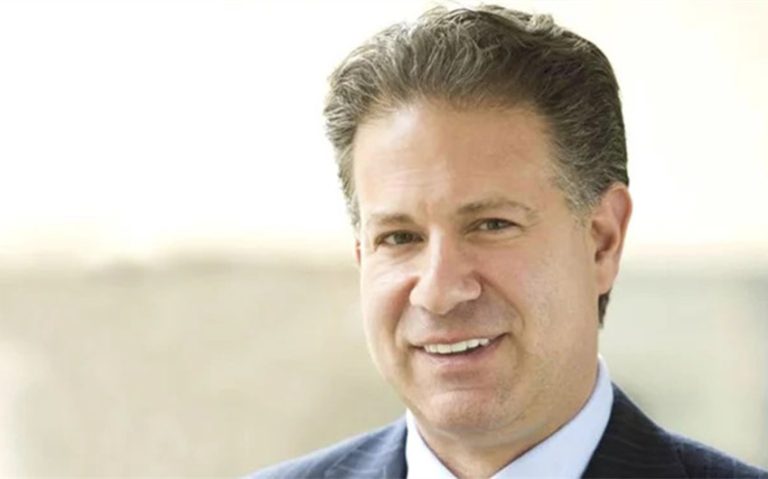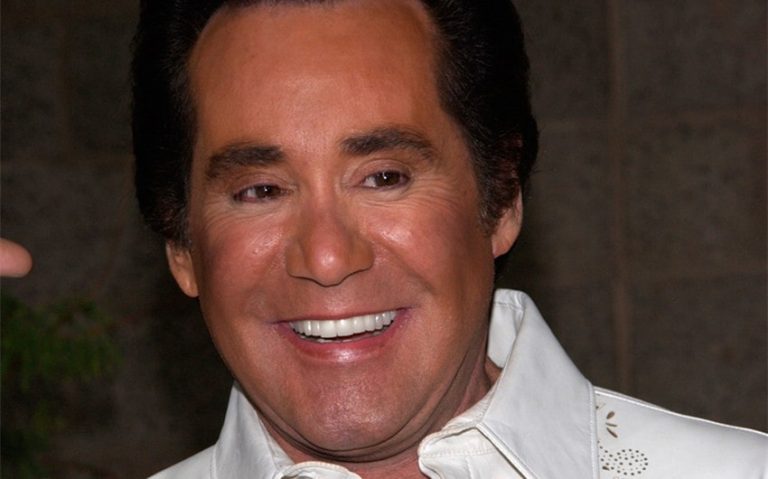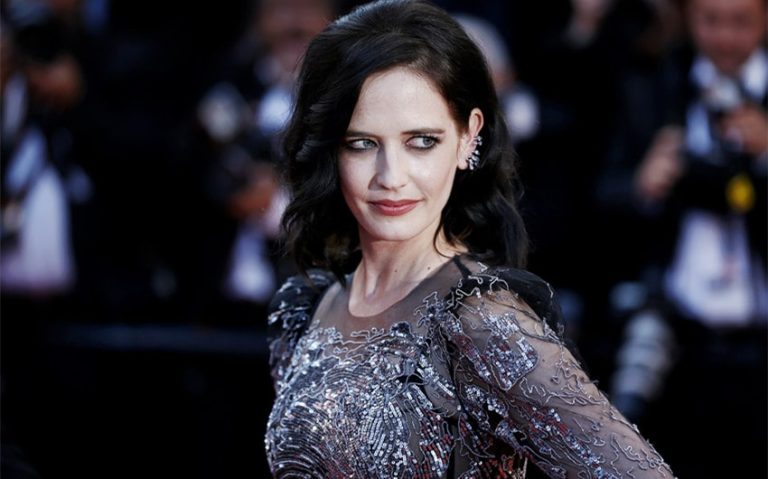When you hear the name Jamie Dimon, you probably picture boardrooms, financial headlines, or Senate hearings. He’s the face of JPMorgan Chase and arguably the most recognized CEO in global banking. Over the years, he’s become known not just for his leadership but for his resilience during economic storms and his ability to steer the largest U.S. bank through both boom and bust cycles.
Given his enduring presence and far-reaching influence, it’s only natural to wonder about Jamie Dimon’s net worth and how his long career in finance has translated into personal wealth.
Pillar 1: Executive Compensation at the Highest Level
At the center of Jamie Dimon’s wealth is his compensation as Chairman and CEO of JPMorgan Chase. While many executives draw substantial salaries, Dimon’s total earnings go far beyond a paycheck. His annual compensation has often landed in the range of $30 to $35 million, which includes base salary, cash bonuses, stock awards, and long-term incentives.
His base salary typically hovers around $1.5 million per year—a modest figure in executive terms. However, the real financial gain comes from bonuses tied to performance and the vast amount of stock he holds in the company. Over the years, Dimon has accumulated millions of JPMorgan shares, many awarded as performance incentives and retention bonuses. As the bank’s stock continues to perform well, those holdings grow in value, often accounting for a large portion of his yearly income.
In several years, proxy filings have revealed that Dimon received stock awards alone valued at $20 million or more. These equity awards are structured to encourage long-term performance, with vesting periods often tied to years of continued service and the company’s sustained financial health. That alignment with shareholder value has paid off—for both the bank and for Dimon.
Pillar 2: Longevity and Loyalty in the Banking World
One of the reasons Dimon has built such a formidable fortune is his longevity in the industry. He’s not just a short-term executive brought in to patch holes or oversee a merger. Dimon has been with JPMorgan since 2004 and has held senior leadership positions in banking since the 1980s. His rise began when he worked alongside Sandy Weill at Citigroup, and though he was eventually ousted in a high-profile fallout, that chapter set the stage for something greater.
Joining Bank One in 2000, Dimon quickly turned the struggling institution around. When Bank One was acquired by JPMorgan in 2004, Dimon stepped into the role of President and quickly became CEO. That long-term leadership journey—more than two decades with one bank—has allowed him to steadily accumulate equity, bonuses, and the trust of investors.
His consistency has also allowed for long-term incentive plans to compound in value. Many CEOs jump from company to company, collecting golden parachutes but never building true value over time. Dimon, by contrast, has played the long game. That stability is one of the reasons he’s both respected and richly rewarded.
Pillar 3: Leading Through Crisis and Creating Value
Few executives have faced as many economic crises as Jamie Dimon—and come out stronger each time. During the 2008 financial collapse, while other institutions required bailouts or collapsed entirely, JPMorgan emerged relatively unscathed. Under Dimon’s leadership, the bank acquired Bear Stearns and Washington Mutual at bargain prices, expanding its footprint during one of the most volatile periods in modern banking history.
His handling of the crisis not only solidified JPMorgan’s place as the top U.S. bank, but also boosted his own credibility as a smart, steady leader in turbulent times. That reputation translated directly into compensation. Shareholders and the board recognized the value he brought, and his bonuses reflected that confidence.
More recently, during the COVID-19 pandemic, JPMorgan again performed better than many competitors. As banks struggled with loan defaults and market uncertainty, Dimon emphasized liquidity, long-term planning, and digital transformation—all of which helped the company stay profitable. These efforts were rewarded with continued high-level compensation and increased stock valuations, which contributed significantly to his growing net worth.
His strategic calls, particularly around risk management and capital reserves, have made him one of the most effective banking leaders of his generation. And unlike many of his peers, he’s managed to maintain a strong reputation among regulators, investors, and the public alike.
Pillar 4: Influence, Speaking Engagements, and Private Assets
While Dimon’s core earnings come from his role at JPMorgan Chase, his influence reaches far beyond the boardroom. He is a highly sought-after speaker, often featured at global financial forums, investor conferences, and government hearings. While he doesn’t pursue speaking fees in the way traditional business influencers do, his thought leadership plays a role in maintaining his brand value and positioning him for future opportunities—even beyond JPMorgan.
Additionally, Dimon likely holds personal investments in real estate, retirement assets, and private equity funds. While much of this information is not publicly disclosed, it’s common for executives of his caliber to maintain a diversified portfolio that includes high-yield investments, real estate holdings, and trusts for estate planning.
Dimon has also expressed an interest in philanthropy. He and his family have contributed to various causes, particularly in education, economic inclusion, and healthcare. While not as publicly philanthropic as some billionaires, he’s known for his thoughtful, targeted giving—often focused on long-term impact rather than publicity.
Jamie Dimon’s Net Worth in 2025: What the Numbers Reveal
As of 2025, Jamie Dimon’s estimated net worth is in the range of $1.8 billion to $2.1 billion, according to multiple financial tracking sources and market analysts. This estimate includes:
-
Over $500 million in JPMorgan stock and equity awards
-
More than $30 million in annual compensation from salary and bonuses
-
Private investments and real estate holdings
-
Compounded gains from decades of executive roles
Compared to other financial CEOs, Dimon ranks near the top—not just in terms of money, but also in influence and staying power. While other CEOs have cycled in and out of the news or stumbled during crises, Dimon has remained a constant voice of reason and leadership.
His net worth isn’t the result of a sudden IPO or windfall acquisition. It’s a reflection of steady, strategic growth over decades—marked by patience, intelligence, and a deep understanding of global finance. In many ways, Jamie Dimon is the rare kind of executive who earned his fortune the old-fashioned way: by delivering value over the long term.







